SBA-K1: FP2 AREA 4

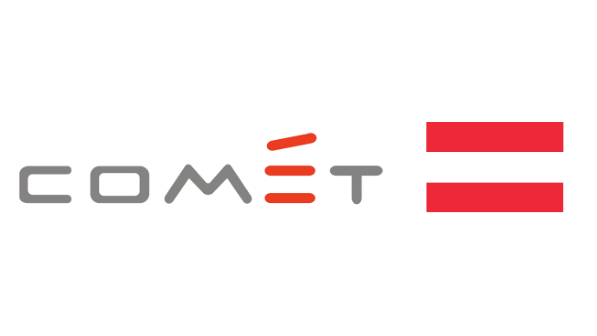
The aim of this project is to focus developing mathematically guar- anteed foundations and related primitives for exploring and adapting solutions for vulnerability research in software security and privacy, computation optimization, and assured quality of software.
Therefore, within this project, we concentrate on three interconnected topics: (i) a mathematical framework for the science of security, including discrete mathematical models for software security, privacy, and anonymity (ii) combinatorial arrays, algorithms, and optimization techniques that can be used as an ad-hoc methodology to provide the necessary constructions for the problem of information security addressed in the area and (iii) expand the horizons of combinatorial security testing.
Area 4 of the SBA-K1: FP2 project is funded as part of the COMET K1: FP2 Program Line: Competence Centers for Excellent Technologies by the Austrian Research Promotion Agency (FFG).
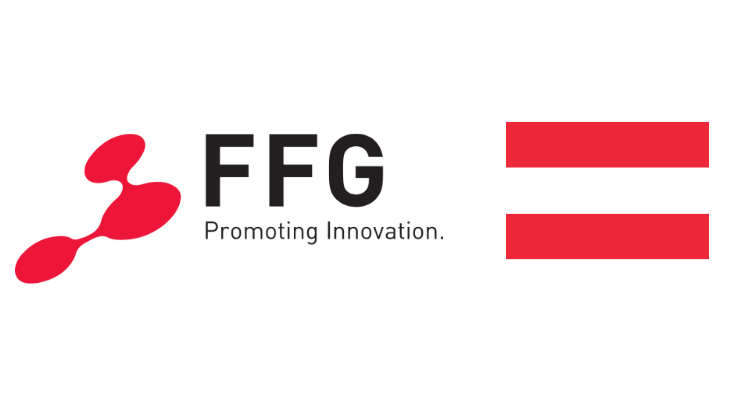
KomMKonLLM
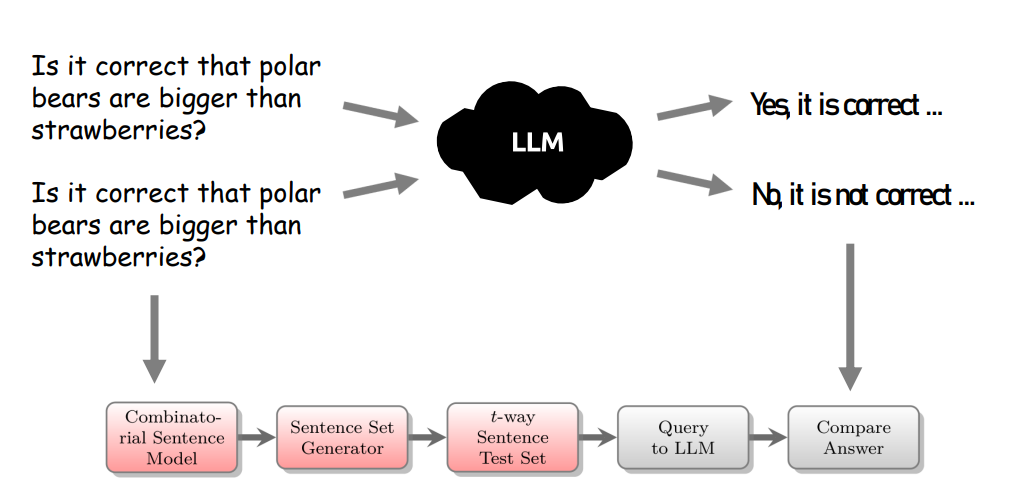

In this project, we develop open source software for applying combinatorial methods for consistency testing of large language models (LLMs).
Consistency testing of LLMs targets the problem to make sure that LLMs react reliably to different inputs. In this project, we use automated methods from combinatorial testing in order to generate tests that cover the modelled input space (for example, a sentence in natural language together with variations of it) up to a pre-determined degree in a certain combinatorial sense, which can subsequently be used to test the consistency of an LLM instance.
More details are available at the project homepage: KomMKonLLM | netidee
The project KomMKonLLM is funded within the funding year 2024, project call #19, ProjectId 7409 of netidee by the Internet Foundation Austria.

INTACT


In this project, we will jointly develop an Integrated Software Toolbox that will offer predictive cybersecurity sensing, optimization and management services for the distributed IoT-to-Cloud continuum.
The INTACT (“integrated software toolbox for secure IoT-to-Cloud computing”) project will continuously maximize the continuum’s infrastructure security and data privacy with minimal effect on its computing capacity, energy consumption, monetary costs, etc., that are necessary for the businesses to run. To do so, twinning tools will be replicating the continuum as virtual dataspaces, such that threat intelligence tools can stress-test the attack-surface of these dataspaces and predict optimal risk mitigation measures accurately and safely, subject to certain computing, energy, etc. thresholds set by the end-user. Scalability & interoperability of services and data will be achieved via the use of open standards & APIs, while AI automation will be embedded in all Toolbox processes. Identity & access management will be advanced over a zero-trust distributed computing pipeline covering all hardware-, system-, and application-level security. The impact will not only safeguard EU position in data security, economy and applications verticals, but also lower energy consumption and CO2 footprint. Sustainability & industry acceptance will be achieved via open source ecosystems, standardization involvement, and a dedicated Portal for linking INTACT dataspaces to EU Data Spaces and innovations to EU Bodies related to cybersecurity, AI, IoT and robotics.
The INTACT project has received funding from the European Union under the Horizon Europe programme (grant agreement 101168438) as well as from the Swiss State Secretariat for Education, Research and Innovation and UK Research and Innovation (grant number 10126241).
KOMPPI

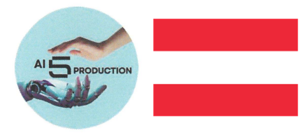
In this project, together with our partner Infraprotect, we are interested in the applicability of combinatorial methods for the modelling and generation of crisis exercises in the production industry.
Crisis exercises (or planspiele) are an indispensable part of crisis preparedness efforts for production facilities, but which scenarios should be considered in such exercises? In the project KOMPPI (German original title: “Kombinatorische Methoden für Planspiele in der produzierenden Industrie“, English translation: „Combinatorial methods for Planspiele in the production industry”), we are interested in the mathematical modelling of crisis scenarios and generation of corresponding crisis exercises via combinatorial methods for production facilities.
The project KOMPPI is funded as a “Test before Invest” project of the EDIH AI5Production.

ArchitectECA2030

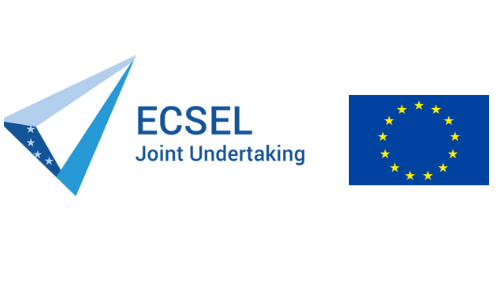
In this joint project, we aim to achieve trustable architectures with acceptable residual risk for electric, connected, and automated (ECA) cars with our numerous partners, such as AVL, TU Graz, IFAT, and many more.
As driverless transportation via automated vehicles becomes more relevant and significant, MATRIS Research Group focuses on active safety systems of automated vehicles through functional safety should be evaluated during the development and runtime by providing methods and tools such as a Monitoring Device. Therefore, the H2020 EU project Architect ECA2030 aims to offer solutions to safety issues through methods and models. In this project, we start from TRL (Technology Readiness Level) 1 by creating a concept with the help of basic and applied research and continue until TRL 4 in which we and our partners design and develop models, components, processes, and conduct lab testing in a simulated environment. Thus, we can determine if our project might be able to provide applicable solutions in real life based on modeled systems within this project.
ArchitectECA2030 is funded as part of the H2020 EU project.
DYNAMO – COMBINATORIAL INTERACTION MATCHING WITH APPLICATIONS TO SECURITY AND DATA ANALYSIS


Our partnership with NIST on the DYNAMO project aims to design and develop new combinatorial methods from discrete mathematics and apply the explored novel analysis techniques in the domain of cybersecurity to improve current major societal issues connected to technological innovations: such as user privacy, identifying risk factors in medical and financial data through data analysis.
On the one hand, our goal is to advance the underlying combinatorial methods towards a more generic reasoning framework in terms of pattern matching within the theoretical scope of the project. On the other hand, we focus on pattern recognition and identification techniques for data sets arising in the medical or financial domain.
DYNAMO is funded as part of the Measurement Science and Engineering (MSE) Research Grant Programs of the US Department of Commerce, National Institute of Standards and Technology (NIST).

